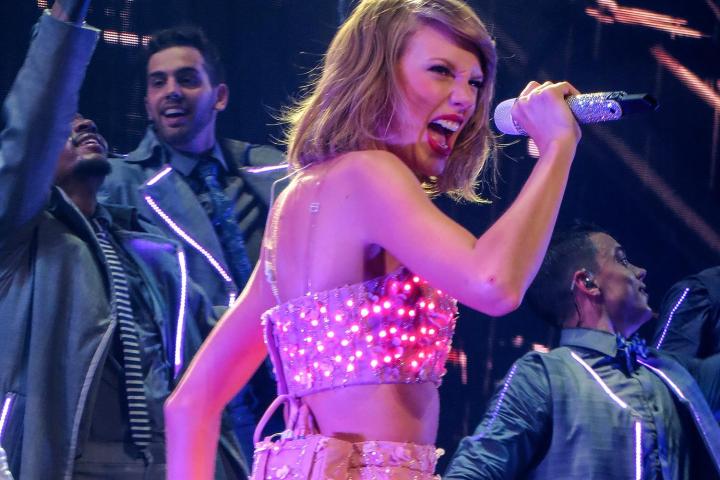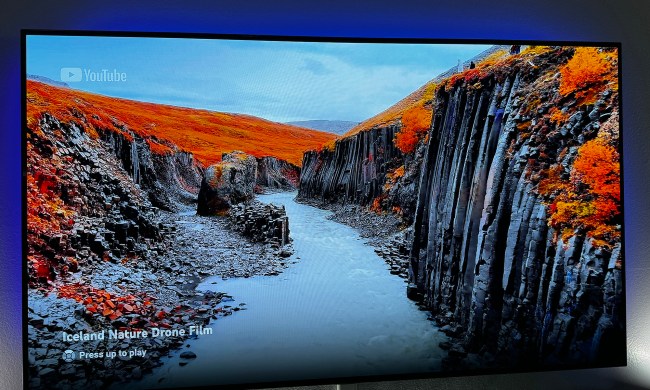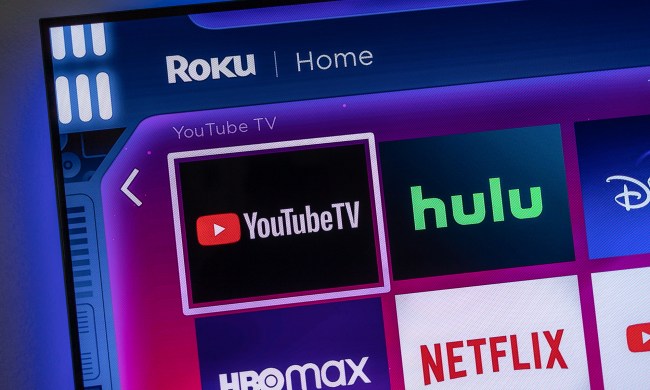
Signed by a huge collection of major labels and artists, from Perry and Swift to Paul McCartney and Queens of the Stone Age (even Kenny G inked this thing), the petition contends the law is outdated. The artists, copyright holders, and labels argue that YouTube and companies like it use the DMCA to their advantage, largely because the modern world of streaming came into existence well after the law was signed. The advocates claim that reforms to the law would help industry members avoid the losses and hassles from persistent copyright infringement.
“They put ads before everything, making big money and artists don’t get paid – or don’t get paid enough – and that’s fine, apparently,” said Radiohead frontman Thom Yorke of the service in an interview with the Telegraph last December, “[But] if they don’t get profit from [ad-blocking] then no, it’s not fair” … “I don’t have a solution for these problems. I just know [YouTube] makes money [from] the work of so many artists that don’t make any profit.” A copy of the petition below outlines a wide variety of artists looking to impede YouTube, and other sites like it.

The petition originally appeared in print on Tuesday as an advertisement in Washington DC magazines Politico, The Hill, and Roll Call, with 180 musician signatures and 19 music-affiliated organizations and companies. The list has since grown to include even more big names, such as that of indie rocker/producer Jack White. And though it doesn’t name YouTube in particular, it’s clear where the group’s cross-hairs are aimed.
“I could probably find 250 songs in five minutes on YouTube which the artist isn’t getting paid for,” said Black Keys drummer Patrick Carney recently on Twitter.
Artists are usually a tough bunch to wrangle together on any issue, and that perhaps points to the relative severity of this one. For its part, YouTube remains resolute that its Content ID system, which allows labels and musicians to remove or monetize music on the service, is effective. That said, there isn’t a clear metric at present to find out how much music slips through the cracks, and a simple search on YouTube confirms that a lot does.
Digital Trends reached out to YouTube for comment about the petition, and a company spokesperson responded with the following:
“Digital services are not the enemy. YouTube is working collaboratively with the music industry to bring more money to artists beyond the $3 billion we’ve already paid out to date. The overwhelming majority of labels and publishers have licensing agreements in place with YouTube, and choose to leave fan uploads up on the platform and earn money from them 95% of the time. Our rights management system, Content ID, goes above and beyond what the law requires to help rights owners manage their content on YouTube, with fan uploads driving 50% of their revenue today. Ultimately we believe that by providing more transparency into payouts to artists we can address many of these concerns.”
We’ll continue to follow this story as events unfold, so stay tuned.
Updated on 06-22-2016 by Parker Hall: Updated to add a response from a YouTube spokesperson.



